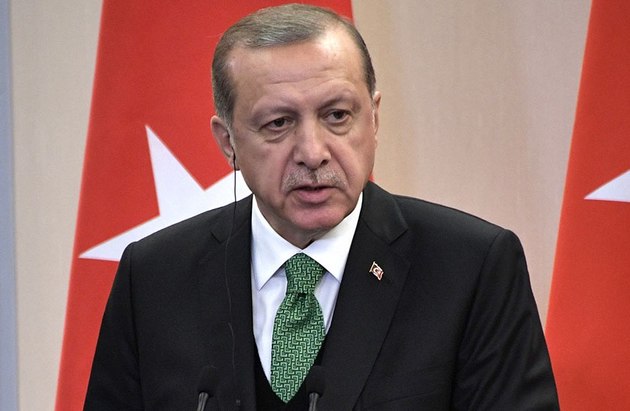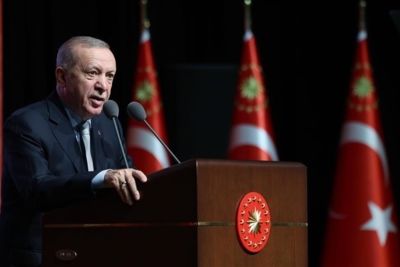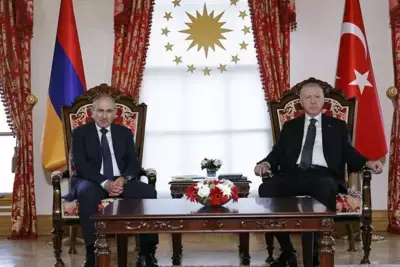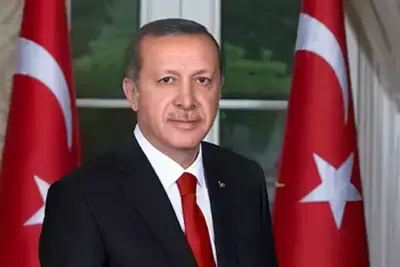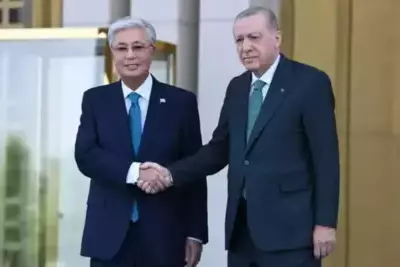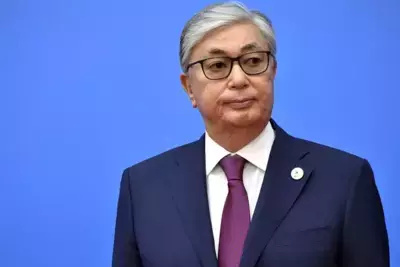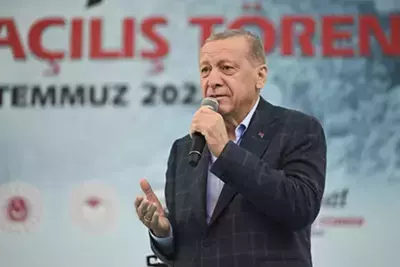Turkey is pursuing its decisive stance and working toward its strategic goal, European Union membership, despite being subjected to double standards and obstructions by the bloc and member countries, Turkish President Recep Tayyip Erdoğan said Sunday, marking Europe Day.
He noted that having left behind a tumultuous year, marked by disagreements and conflicts, Brussels and Ankara have recently been approaching a positive agenda and eyeing further cooperation in several areas.
“It is obvious that the bloc cannot continue its presence in a strong manner without the contribution and support of our country," Daily Sabah cited Erdogan as saying.
He pointed out in a written statement that the EU needs a new institutional structure, vision and comprehensive approach, as well as a review of its decision-making mechanism.
“Some member countries carrying their bilateral issues with Turkey to the corridors of the EU, have held Turkey-EU relations captive, (and) weakened the bloc’s fighting capacity against global threats,” he said.
The president highlighted that the EU faces several challenges including the migration crisis, anti-Islam sentiment, xenophobia, financial and economic fragilities, the departure of the United Kingdom from the bloc, as well as the ongoing COVID-19 pandemic.
Faruk Kaymakcı, the deputy foreign minister and director for EU affairs, also shared a message on the occasion of Europe Day. “As of 1999, after Turkey was officially declared a candidate for the EU, we started to celebrate May 9 Europe Day in our country. We believe our future is common. We believe that the EU can be stronger and become a global actor together with a strong Turkey,” he stated.
Kaymakcı added that Ankara and Brussels share a common history, geography, trade, sports, art and culture.
Turkey has the longest history with the union and the longest negotiation process. The country signed an association agreement with the EU's predecessor in 1964, the European Economic Community (EEC), which is usually regarded as a first step to eventually becoming a candidate. Applying for official candidacy in 1987, Turkey had to wait until 1999 to be granted the status of a candidate country. For the start of the negotiations, however, Turkey had to wait another six years, until 2005, a uniquely long process compared with other candidates.
Kaymakcı stressed the recent visit of European Commission President Ursula von der Leyen and European Council President Charles Michel to Ankara has manifested the bloc's interest in Turkey. "Turkey wants to proceed to the positive agenda after the EU summit in June 2021, if not earlier than that date. By positive agenda, we refer to the updated March 18, 2016 refugee deal with them," he noted.
The EU leaders on their visit last month said the bloc is ready to support a concrete and positive agenda with Turkey, especially in the areas of economic cooperation and migration.
"Turkey wants to proceed to the positive agenda after the EU summit in June 2021, if not earlier than that date. By positive agenda, we refer to the updated March 18, 2016 refugee deal with them," he noted.
Turkey-EU relations are marked by disputes on several issues, including tensions in the Eastern Mediterranean, Turkey's role in Syria, the migrant crisis and the stalemate in Turkey's accession process to the bloc. During a meeting in Brussels on Dec. 10, EU leaders decided to draw up a list of Turkish targets to sanction.
But since then, the rhetoric on all sides has mellowed dramatically as Turkey and the bloc voiced their intent to "turn a new page." Turkey has recently reiterated that it is part of the bloc and sees its future in the EU, underlining that it will continue efforts toward full EU membership.
